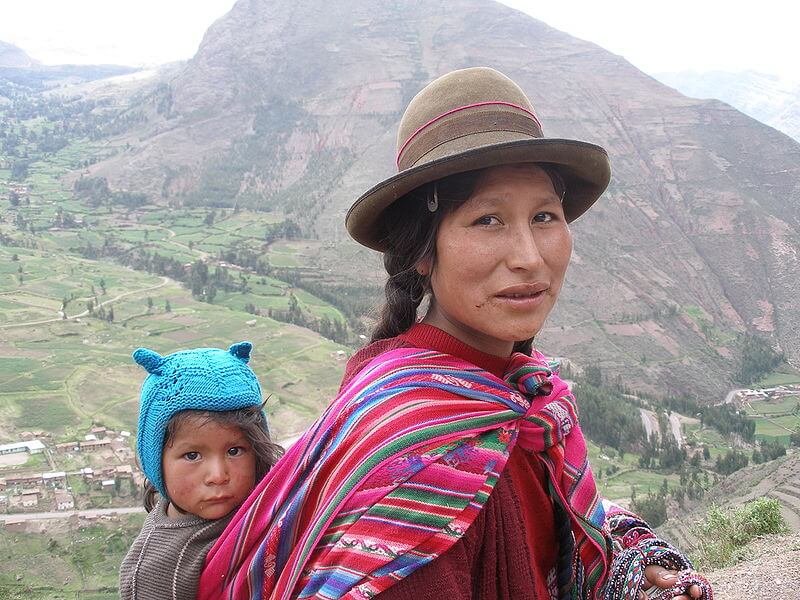A cross-border, multi-disciplinary study has revealed new insights into the story of the earliest migrants into South America. Using powerful new techniques in DNA analysis, the group of researchers were able to unlock the genetic code of 49 ancient remains that live as many as 11,000 years ago to add another chapter to the story of how South America was peopled.
…
It had been known prior to this study that the earliest migrants into North America had arrived at the Bering strait from Asia around 20,000 years ago and into North America around 16,000 years ago. Individual remains on the continent also suggested that this original group split into two populations around 16,000 years ago in North America following that migration.
It remains unclear as to what genetic admixture took place between these two populations– named ANC-A and ANC-B–but this study did show that the ANC-A population were likely the pioneers into South America as their genes were found in ancient remains throughout the continent. “Our paper suggests that all the samples that we have [from South America] have very limited amounts of ANC-B in them,” [researcher Nathan] Nakatsuka said.
Read full, original post: Who peopled South America? New ancient DNA study reveals continent’s first inhabitants































